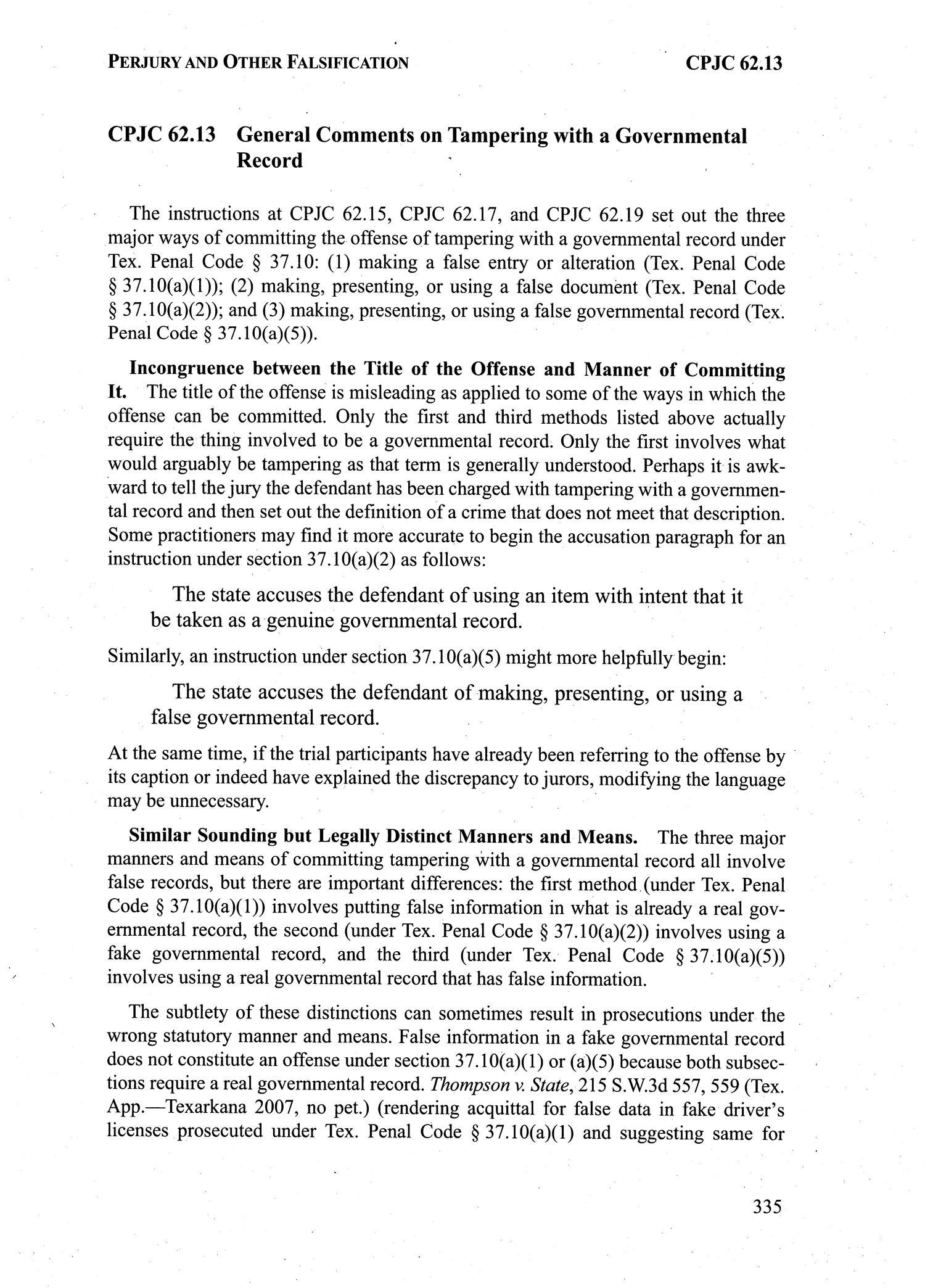The New Workplace Reality: Are Employees Truly Replaceable?

Table of Contents
The Rise of Automation and its Impact on Employee Roles
The integration of automation and AI into the workplace is undeniable. From robotic process automation (RPA) to sophisticated AI algorithms, technology is streamlining processes and increasing efficiency. Understanding both the strengths and limitations of automation is crucial to comprehending its impact on employee roles.
Automation's Strengths and Limitations
Automation excels at handling repetitive, data-driven tasks. This is particularly evident in sectors like manufacturing and customer service.
- Examples of automated tasks: Data entry, basic customer service inquiries, inventory management, simple data analysis.
- Tasks difficult to automate: Strategic planning, creative design, complex client negotiations requiring emotional intelligence, nuanced problem-solving, and critical thinking.
While automation increases productivity, it's crucial to acknowledge its limitations. Many tasks requiring human ingenuity, creativity, and emotional intelligence remain beyond the reach of current technology. This highlights the enduring value of human capital and the need for upskilling and reskilling initiatives. Keywords: Automation, AI, robotics, repetitive tasks, cognitive skills, human capital.
Reskilling and Upskilling in the Age of Automation
The rise of automation necessitates a proactive approach to employee development. Continuous learning and adaptation are no longer optional; they are essential for remaining a valuable asset in the modern workplace.
- Importance of lifelong learning: Embracing continuous learning through online courses, workshops, and mentorship programs is vital for staying ahead of the curve.
- Examples of reskilling initiatives: Online courses offered by platforms like Coursera and edX, intensive bootcamps focused on in-demand skills (data science, cybersecurity), government-funded retraining programs.
Investing in reskilling and upskilling initiatives is not just beneficial for individual employees; it's crucial for organizational success. Keywords: Reskilling, upskilling, professional development, employee training, lifelong learning.
The Irreplaceable Human Element: Skills Beyond Automation
While automation handles routine tasks, certain skills remain uniquely human. These "human-centric" skills are difficult, if not impossible, to replicate through technology.
Soft Skills and Emotional Intelligence
Soft skills, often intangible and difficult to quantify, are increasingly valuable in the modern workplace. These include:
- Examples of soft skills: Critical thinking, creativity, problem-solving, communication, collaboration, adaptability, emotional intelligence, leadership.
- Difficulty in replicating these skills: Current AI struggles to replicate human empathy, nuanced understanding of social cues, and complex decision-making involving ethical considerations.
These skills are crucial for navigating complex situations, building relationships, and fostering innovation. Keywords: Soft skills, emotional intelligence, critical thinking, creativity, problem-solving, teamwork, collaboration.
The Value of Experience and Expertise
Experienced employees possess a wealth of institutional knowledge and expertise that is incredibly valuable and difficult to replace.
- Examples of industries where experience is crucial: Healthcare, finance, engineering, legal, management consulting.
- Importance of mentorship and knowledge transfer: Mentorship programs are critical for preserving and transferring this valuable expertise to younger generations.
This accumulated knowledge, often tacit and unwritten, forms the bedrock of many organizations and represents an irreplaceable asset. Keywords: Experience, expertise, knowledge transfer, mentorship, institutional knowledge.
Redefining Employee Value in the Modern Workplace
The changing landscape necessitates a shift in how we define employee value. Employees can significantly increase their worth by focusing on skills that are difficult to automate and by adapting to evolving workplace demands.
From Replaceable to Irreplaceable: Adapting to the New Normal
To thrive in the age of automation, employees should focus on developing skills that offer a competitive advantage.
- Focus on niche skills: Specializing in areas where human expertise remains critical can significantly enhance one's value.
- Developing leadership abilities: Leadership skills, including communication, delegation, and strategic thinking, are highly sought after.
- Embracing technological advancements: Learning to work alongside technology and leveraging its capabilities is crucial.
Adaptability and a willingness to learn are key attributes for success in the modern workplace. Keywords: Adaptability, innovation, leadership, niche skills, competitive advantage.
The Importance of Employee Engagement and Retention
High employee turnover is costly, both financially and in terms of lost expertise. Investing in employee well-being and fostering a positive work environment is crucial.
- Costs associated with recruitment and training: Replacing employees is expensive and time-consuming.
- Importance of a positive work environment: A supportive and engaging workplace boosts morale and productivity.
- Strategies for improving employee retention: Offering competitive compensation and benefits, providing opportunities for professional development, and fostering a strong company culture.
Prioritizing employee engagement and retention is essential for long-term organizational success. Keywords: Employee engagement, employee retention, workplace culture, employee satisfaction, talent management.
Conclusion
While automation is transforming the workplace, the assertion that all employees are replaceable is fundamentally flawed. Employees possessing specialized skills, strong soft skills, significant experience, and the ability to adapt to change remain highly valuable and irreplaceable. The key to navigating this evolving landscape lies in embracing continuous learning, developing human-centric skills, and proactively adapting to the changing demands of the modern workplace. To ensure you remain a valuable and irreplaceable employee, invest in your skills, focus on continuous learning, and embrace the opportunities presented by this new era. Explore online courses, attend workshops, and seek mentorship to further enhance your skill set and secure your future in the dynamic world of work. The enduring value of human capital in the face of technological advancements ensures that truly irreplaceable employees will always be in high demand.

Featured Posts
-
 Didcot Dog Walk Supports Mental Health Awareness Week
May 13, 2025
Didcot Dog Walk Supports Mental Health Awareness Week
May 13, 2025 -
 Braunschweig Amokalarm An Der Neuen Oberschule Aktuelle Informationen Und Entwicklungen
May 13, 2025
Braunschweig Amokalarm An Der Neuen Oberschule Aktuelle Informationen Und Entwicklungen
May 13, 2025 -
 Philippine Capital Schools Shut Down Due To Extreme Heat
May 13, 2025
Philippine Capital Schools Shut Down Due To Extreme Heat
May 13, 2025 -
 Texas Attorney General Demands Plano Isd Release Epic City Documents
May 13, 2025
Texas Attorney General Demands Plano Isd Release Epic City Documents
May 13, 2025 -
 Dodgers Vs Cubs Prediction Home Field Advantage For Los Angeles
May 13, 2025
Dodgers Vs Cubs Prediction Home Field Advantage For Los Angeles
May 13, 2025
